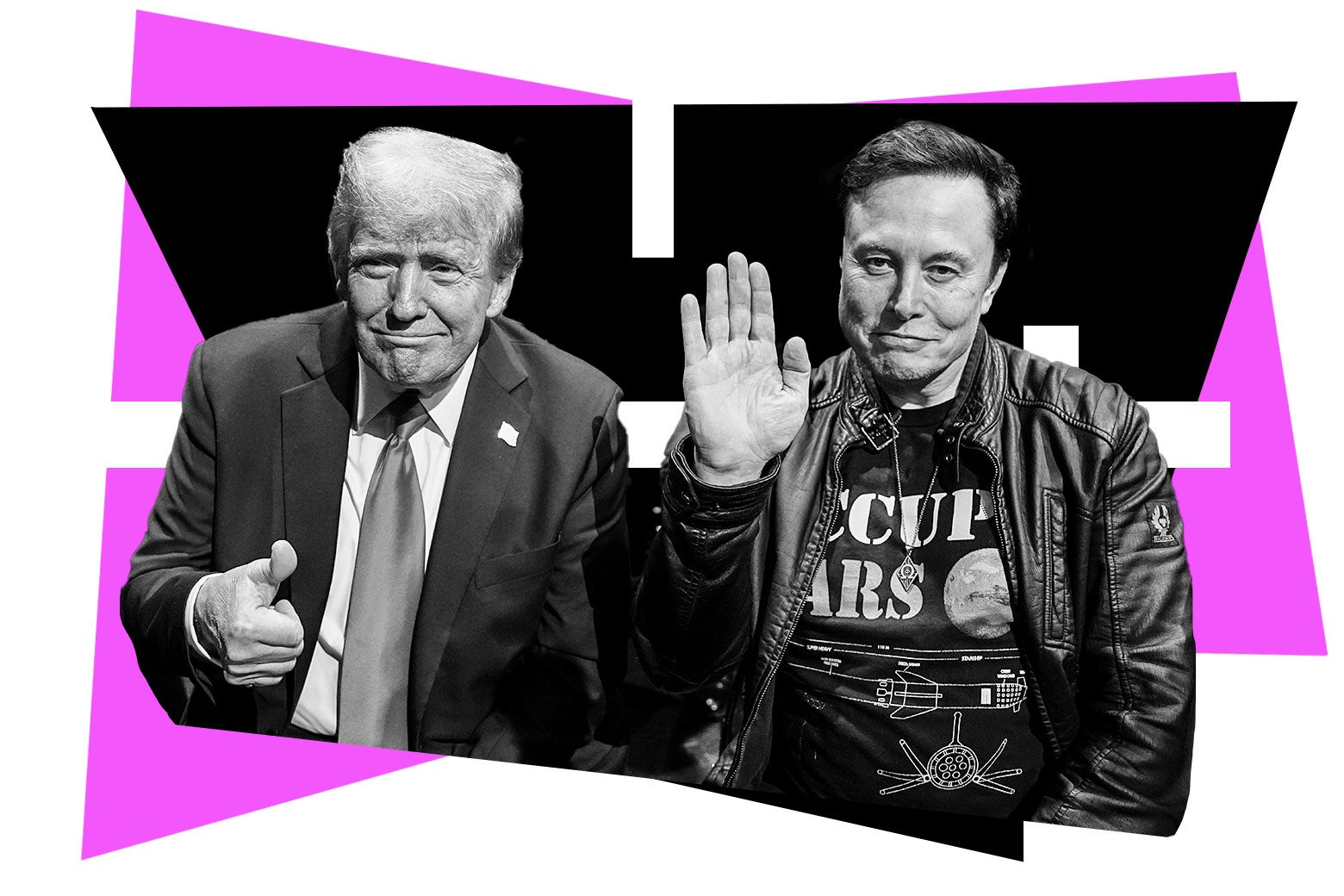Entertainment
The Emergence of Free Speech Advocates

Elon Musk, Donald Trump, and the emergence of the Free Speech Bro. As Donald Trump’s Cabinet begins to take shape, he seems to be favoring a distinct kind of individual: the free speech bro. The figure at the forefront is undoubtedly Elon Musk, whose management of the social media platform now known as “X” is offering a glimpse into what “freedom of expression” might entail during a second Trump administration—and what that could mean for those without ample financial resources or influence.
In a recent episode of the Amicus podcast, host Dahlia Lithwick engaged with professor Mary Anne Franks, author of Fearless Speech: Breaking Free From the First Amendment, to explore why the so-called “marketplace of ideas” mirrors a conventional market that is predominantly white, male, and often detrimental to the vulnerable. Lithwick kicked off the conversation by addressing Musk, highlighting his unmatched wealth and influence. He is the wealthiest person on the planet, with nearly 6,500 Starlink satellites orbiting Earth and a growing array of electric cars on the roads. As the owner of one of the largest social media platforms globally, Musk has also been linked to the endorsement of harmful conspiracy theories—raising questions about his true commitment to free speech.
Musk made significant financial contributions to Trump’s election efforts and even participated in a phone call congratulating Volodymyr Zelensky. In a recent announcement, Trump appointed Musk to lead a new “Department of Government Efficiency,” positioning him to dismantle bureaucratic structures.
Have we ever experienced, in this country, an oligarch who not only controls the media landscape but also has influence over the president and citizen speech itself—all under the supposed banner of “freedom”? Franks suggests that we may not have seen such a situation in the United States, although similar instances have occurred globally. Other nations have witnessed individuals exercising extensive control over public discourse and propaganda for the state, and Franks warns that we are on the verge of a critical juncture, supercharged by the dynamics of social media.
When Musk acquired Twitter and proclaimed it would become the public square for genuine free speech, many applauded his vision. However, as he began to ban users who criticized him, some supporters grew skeptical of his commitment to free speech. In reality, Musk’s actions exemplify what happens when power appropriates the concept of free speech. The idea persists that the First Amendment protects everyone equally, or even favors the marginalized, yet history and practice reveal that the system has consistently favored established power structures.
Now, with Musk holding an official role in the government, we realize that the “marketplace of ideas,” as exemplified by Twitter, has turned into a space permeated by white supremacist ideology and misogyny. It raises the question of whether authentic voices can be heard at all on a platform where the algorithms favor Musk’s posts and right-wing content. While others might occasionally have a voice, their reach will never rival those favored by the powerful.
Under the new terms of service of X, any disputes must be directed to specific courts that may not be favorable to the platform’s critics. Those courtrooms are already witnessing legal battles linked to the platform’s financial difficulties after brands withdrew their advertising.
As a daunting precedent, the judges in those courts are predominantly Republican appointees. The blend of corporate objectives and political interests creates a precarious environment for free speech. Franks raises valid concerns about the potential dangers Musk’s wealth and political connections pose regarding legal actions against critics. The current climate may be more perilous than ever due to a confluence of corporate and political power, combined with manipulative legal frameworks.
Despite Musk’s assertions promoting free speech, Franks points out that this may actually lead to severe censorship perpetuated by a powerful and affluent individual. Society should be cautious as the commodification of free speech intertwines it with corporate agendas.
Franks also emphasizes that true free speech cannot be coerced. The antics of powerful individuals looking for validation show the absurdity of the situation we’re facing. With a lack of protective measures against this growing influence, we find ourselves in precarious circumstances that starkly reveal the banality of evil in modern times.
This convergence of wealth, power, and the reclamation of free speech could radically reshape our understanding of expression. The reality we confront suggests a future where the fundamental tenets of free speech might be twisted into tools for control rather than avenues of true open dialogue.
